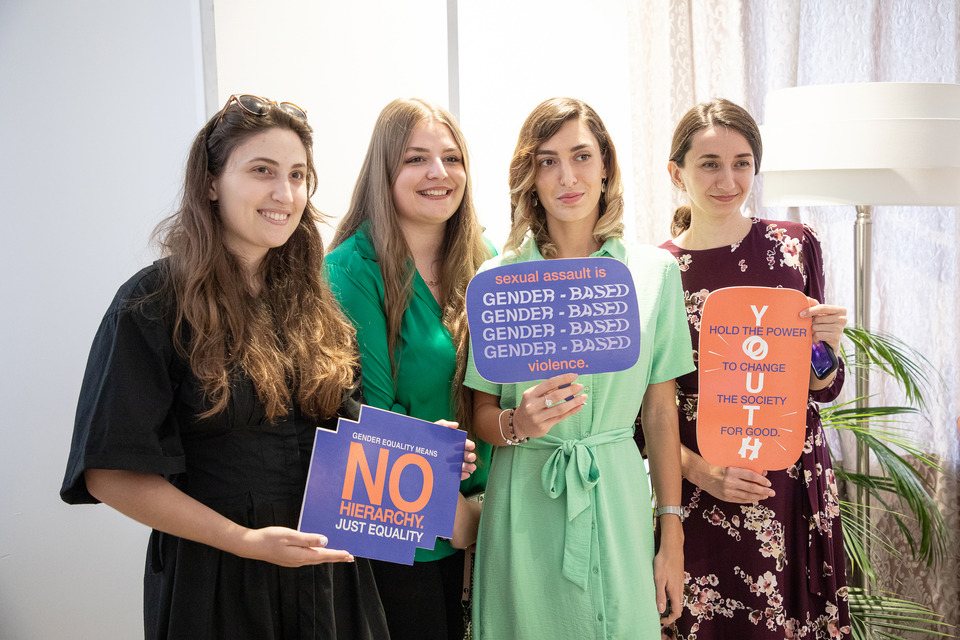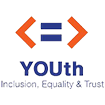Toxic masculinities and rigid gender stereotypes increase risk of violence against women – ‘Voices of YOUth’ research in the Western Balkans finds
Date:

Toxic masculinities, rigid gender stereotypes, hate speech and media representation of traditional gender roles increase the risk of violence, particularly against women, which is considered to be the most widespread form of violence throughout the region – according to a new research supported by UN Women.
The first fully youth-designed and youth-led research in the region focused on exploring the interconnections between gender equality and social cohesion in Albania, Bosnia and Herzegovina, North Macedonia, Serbia, and Kosovo 1. The findings and recommendations of the research were shared during an event in Tirana with young researchers, youth networks and institutions from across the Western Balkans
The “Voices of YOUth: Gender Equality and Social Cohesion in the Western Balkans” research reveals that 32 per cent of respondents have witnessed or personally experienced gender-based violence in their lifetime, but the stigma and shame attached to it inhibits them to speak out.
Over half of respondents believe that gender-based violence negatively impacts youth well-being, 59% in Serbia, 54% in Kosovo 52%, in Albania, 37% in North Macedonia and 28% in Bosnia and Herzegovina. Youth highlighted negative legacies of the past as one key impediment to gender equality and social unity, translating in isolation, fear and intergenerational distrust.
Youth participating in the research perceive extreme inequality as characterizing access to education and employment opportunities for women and girls, as well as other minority groups, such as migrants, persons with disabilities, and Roma people. In addition, they noted that the lack of school education on topics such as gender equality and mental health, perpetuates the negative effects of rigid patriarchal norms and the normalization of harmful behaviours.
1200 young people took part in the research in the context of the United Nations 'Youth 4 Inclusion, Equality & Trust’ initiative in the Western Balkans, supported by the UN Secretary-General’s Peacebuilding Fund.
Participants called for institutions and policymakers to encourage youth leadership, strengthen education and awareness on discrimination, gender-based-violence, mental health, and promote conversations on historical legacies, while leverage influencers for positive social media narratives, and cultivating a civic mindset for accountability and social cohesion.
To view the Albanian version, click here.
1References to Kosovo shall be understood in the context of the UN Security Council Resolution 1244 (1999).

The regional United Nations initiative 'Youth 4 Inclusion, Equality & Trust' empowers young people to engage in constructive narratives, strengthen intercultural dialogue, inclusion, gender equality and create mutual understanding and trust in the Western Balkans. The two-year initiative will enhance the role of youth in promoting increased comprehension and respect for diversity in the project region. Collaboratively UNDP, UNFPA, UNESCO, UN Women, relevant local ministries, municipal and youth councils, youth political parties, media, academic and cultural institutions, and civil society organisations are working on fulfilling above mentioned goals, financially supported by the UN Secretary-General's Peacebuilding Fund.